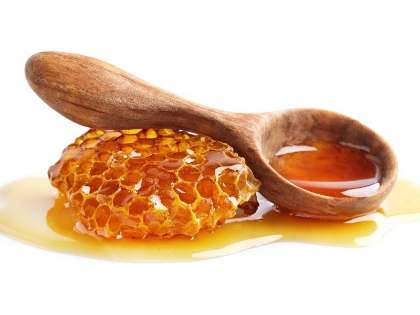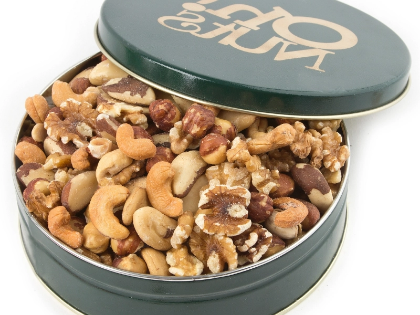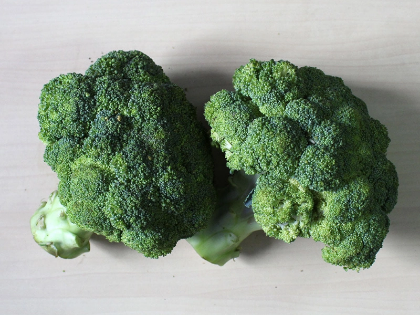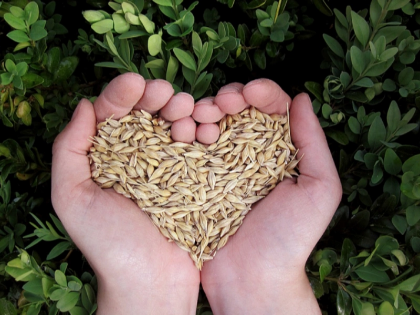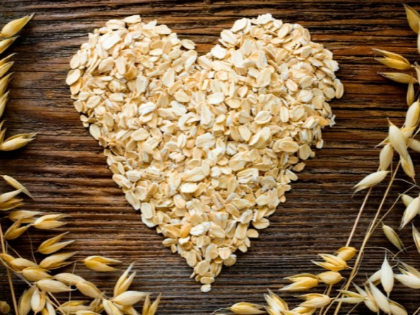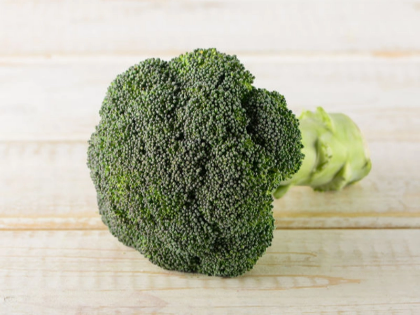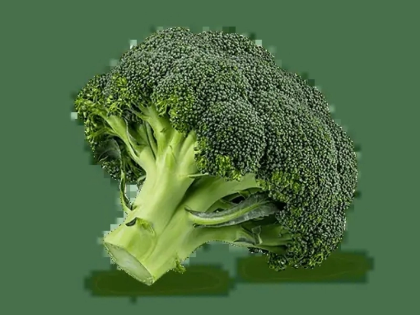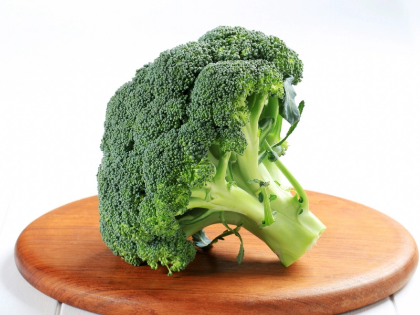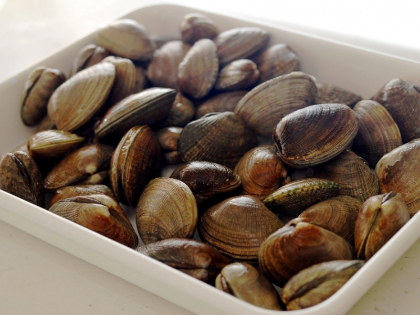Grains and Longevity: How They Contribute to Healthy Aging
Many diets all throughout the world centre on grains since they provide vital nutrients and energy. One can classify them generally as either whole or processed grains. Richer in nutrition, whole grains—brown rice, quinoa, oats, and whole wheat—retain their bran, germ, and endosperm. Conversely, refined grains have been treated to eliminate the bran and germ, therefore depriving many of their inherent benefits. Recognising their part in extending lifespan and healthy ageing depends on an awareness of the several varieties of grains.
2. Whole Grain Nutrition: Benefits
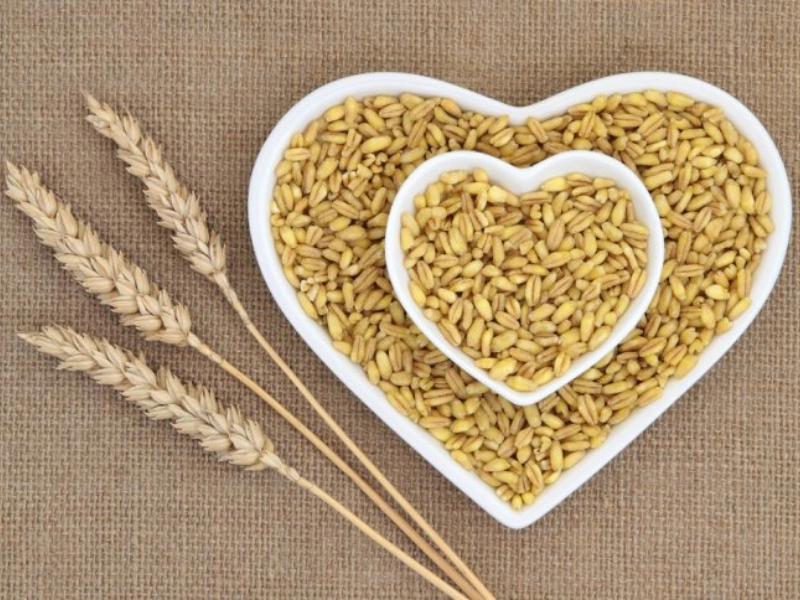
3. Fibre's Function in Ageing
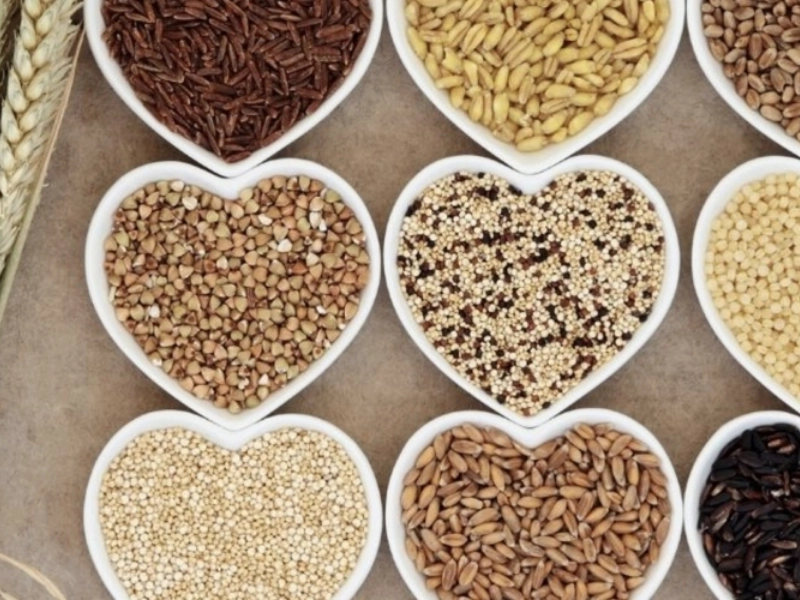 Promoting longevity depends much on fibre. It supports gut health, decreases cholesterol, and helps control blood sugar levels. Keeping a good digestive system becomes more crucial as one ages. A diet heavy in fibre lowers the risk of gastrointestinal problems and helps avoid constipation. Moreover, diets high in fibre have been connected to a reduced risk of several malignancies, diabetes, and chronic disorders, including heart disease. Including whole grains in their diets helps people increase their fibre intake and enhance their general ageing-related health.
Promoting longevity depends much on fibre. It supports gut health, decreases cholesterol, and helps control blood sugar levels. Keeping a good digestive system becomes more crucial as one ages. A diet heavy in fibre lowers the risk of gastrointestinal problems and helps avoid constipation. Moreover, diets high in fibre have been connected to a reduced risk of several malignancies, diabetes, and chronic disorders, including heart disease. Including whole grains in their diets helps people increase their fibre intake and enhance their general ageing-related health.
4. Whole Grains and Cardiovascular Function
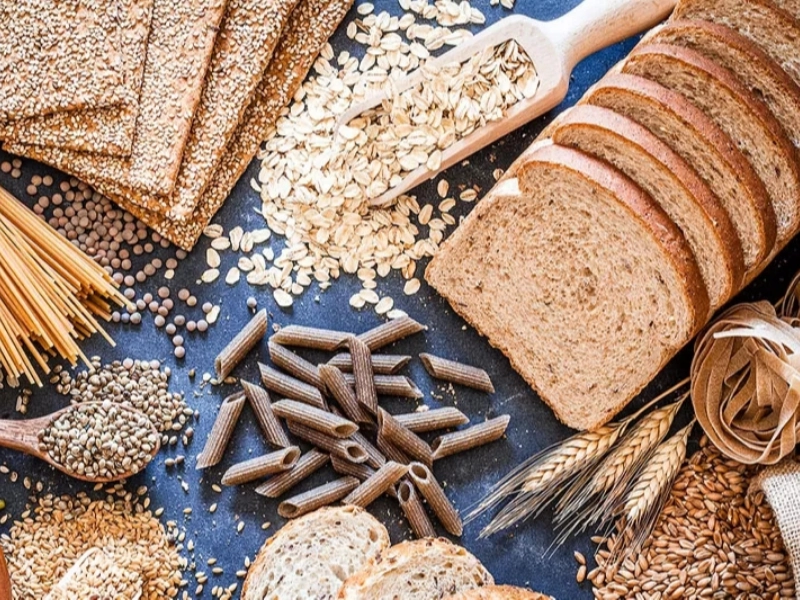 A key component of good ageing is heart health, so whole grains have been demonstrated to greatly improve cardiovascular condition. Regular whole grain eating has been shown in studies to lower blood pressure, improve cholesterol levels, and lower inflammation, therefore lowering the risk of heart disease. Whole grains' antioxidants help heart health by fighting oxidative stress as well. Those who give whole grains first priority in their diets can proactively preserve a healthy heart as they age.
A key component of good ageing is heart health, so whole grains have been demonstrated to greatly improve cardiovascular condition. Regular whole grain eating has been shown in studies to lower blood pressure, improve cholesterol levels, and lower inflammation, therefore lowering the risk of heart disease. Whole grains' antioxidants help heart health by fighting oxidative stress as well. Those who give whole grains first priority in their diets can proactively preserve a healthy heart as they age.
5. Effect on Controlling Weight
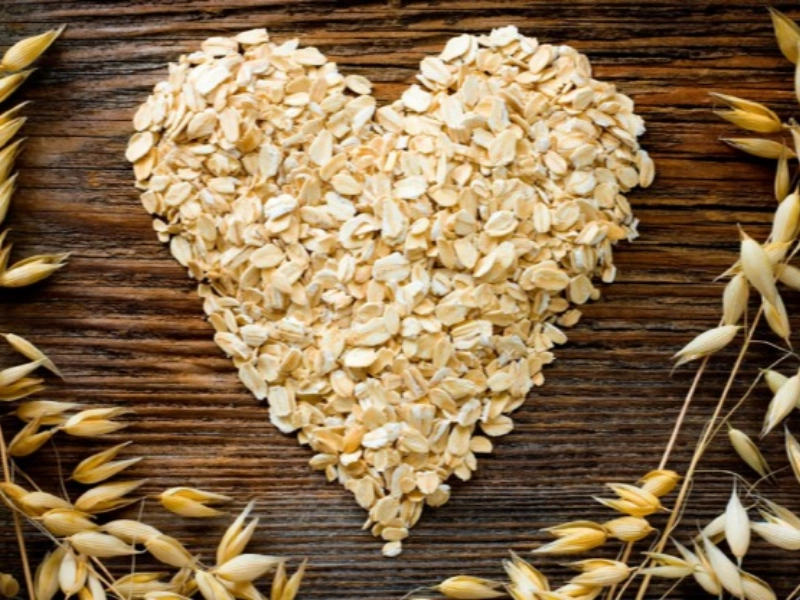 Longevity depends on a good weight; hence, whole grains can be rather important in this sense. Whole grains' high fibre content helps decrease hunger and increases fullness, therefore facilitating the management of portion sizes and lowering total calorie consumption. Whole grains also provide a smaller glycaemic index than refined grains, which slows down blood sugar level rise. This can assist in avoiding weight gain and insulin resistance, thus promoting a better lifestyle and longer lifespan.
Longevity depends on a good weight; hence, whole grains can be rather important in this sense. Whole grains' high fibre content helps decrease hunger and increases fullness, therefore facilitating the management of portion sizes and lowering total calorie consumption. Whole grains also provide a smaller glycaemic index than refined grains, which slows down blood sugar level rise. This can assist in avoiding weight gain and insulin resistance, thus promoting a better lifestyle and longer lifespan.
6. Grains and Mental Well-being
New studies point to whole grains possibly supporting brain function as people age. Cognitive ability depends on the minerals in whole grains, including B vitamins and antioxidants. Research has connected whole grain intake to a lower incidence of cognitive decline and dementia. Whole grains' anti-inflammatory qualities might potentially help ward against neurodegenerative disorders. Whole grains can promote brain health and improve cognitive ability as one gets older by including them in diets.
7. Lowering Chronic Disease Risk
For ageing populations, chronic diseases include type 2 diabetes, heart disease, and some malignancies that cause great worry. Whole grains have been demonstrated to reduce the likelihood of several diseases. Whole grains' minerals, vitamins, and fibre help to lower inflammation, manage blood sugar, and strengthen heart function. Regularly including whole grains in their diet helps people lower their risk of chronic diseases and extend their lives in better health.
8. Value of Range
Maximising health advantages from whole grains requires including a range of them in the diet. Various grains provide various health advantages and nutrient profiles. Quinoa, for instance, is a complete protein; barley is high in beta-glucans, a kind of soluble fibre noted for decreasing cholesterol. Diverse grain intake helps people to guarantee a wide spectrum of nutrients supporting general health and lifespan.
9. Processing and Cooking Whole Grains
Whole grain preparation is easy and fun. From salads and soups to baked products and morning cereals, they find application in many recipes. Whole grains' flavours and textures may be improved by cooking techniques such as steaming, boiling, or baking. Experimenting with various grains and dishes can make healthy eating more fun and enable people to include these nutritious foods in their everyday diet.
10. Grain and Longevity Summary
Particularly whole grains, grains are quite important for extending lifespan and good ageing. A balanced diet must include them because of their great nutritional profile, high fibre content, and favourable effects on weight control and heart health. Including a range of whole grains in their diets helps people support their general health, lower their risk of chronic diseases, and improve cognitive ability. Adopting a healthy lifestyle, including grains, will help one to live longer and better.

